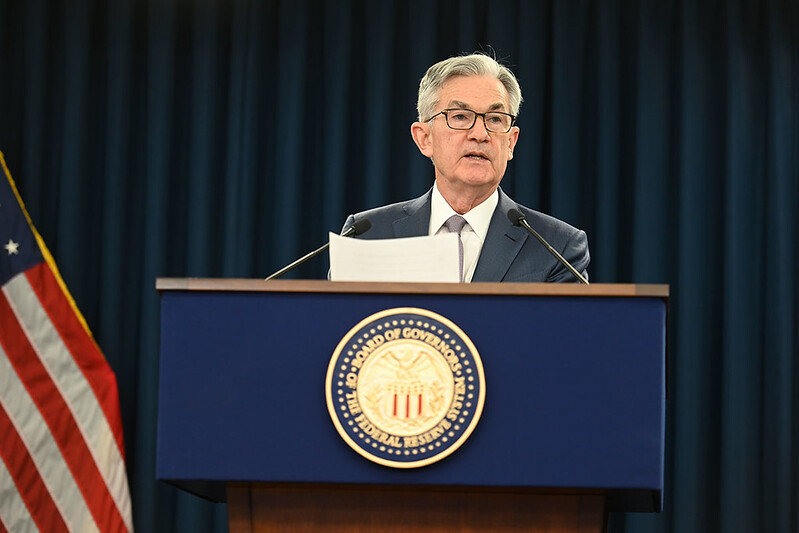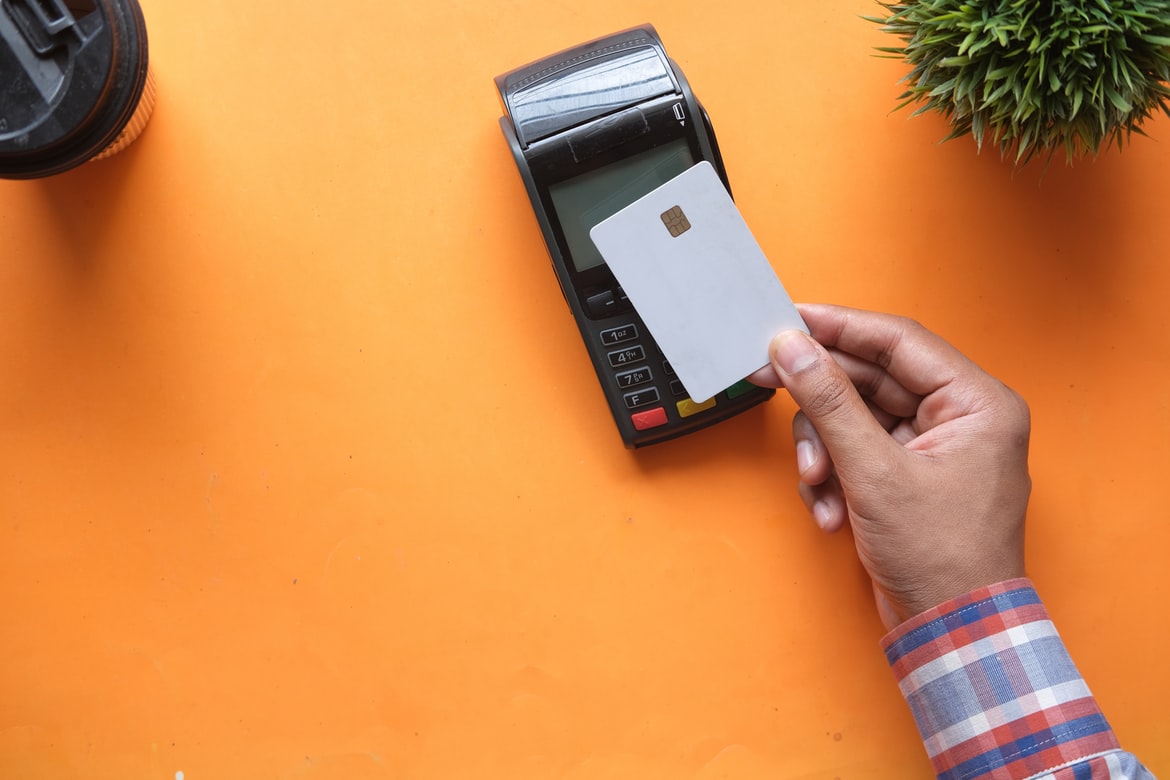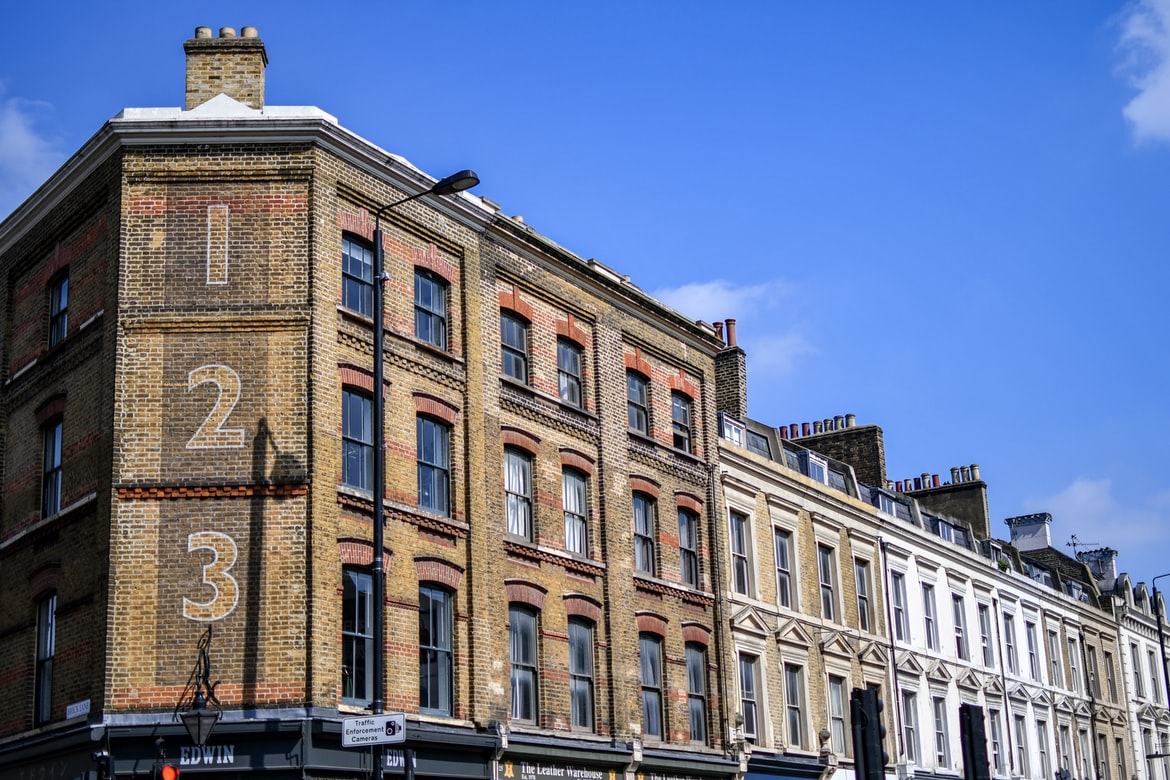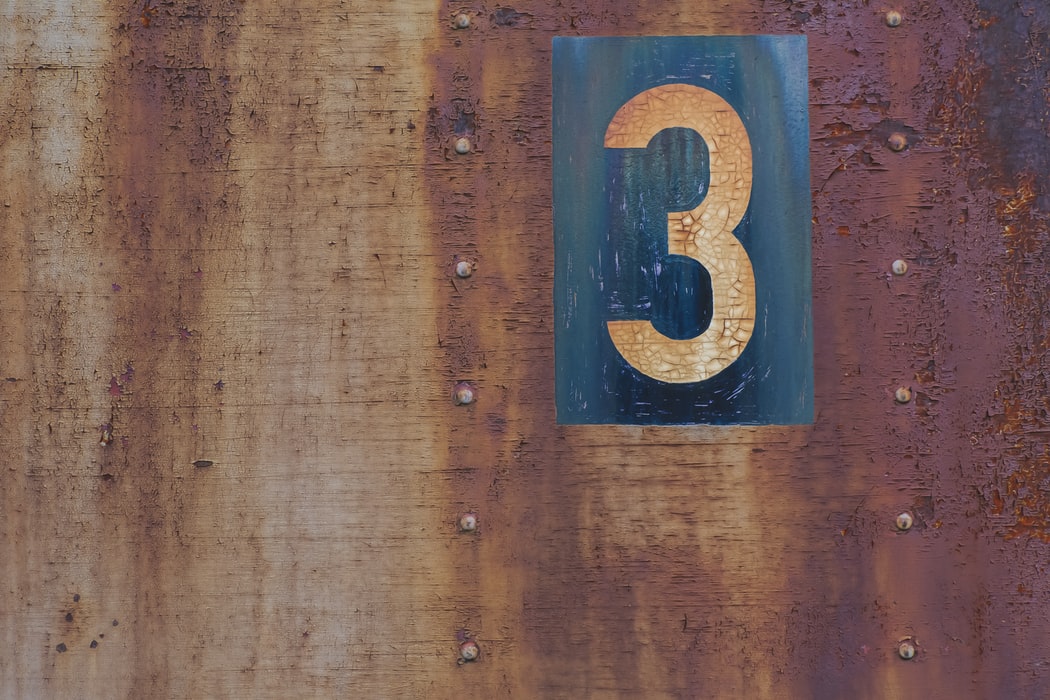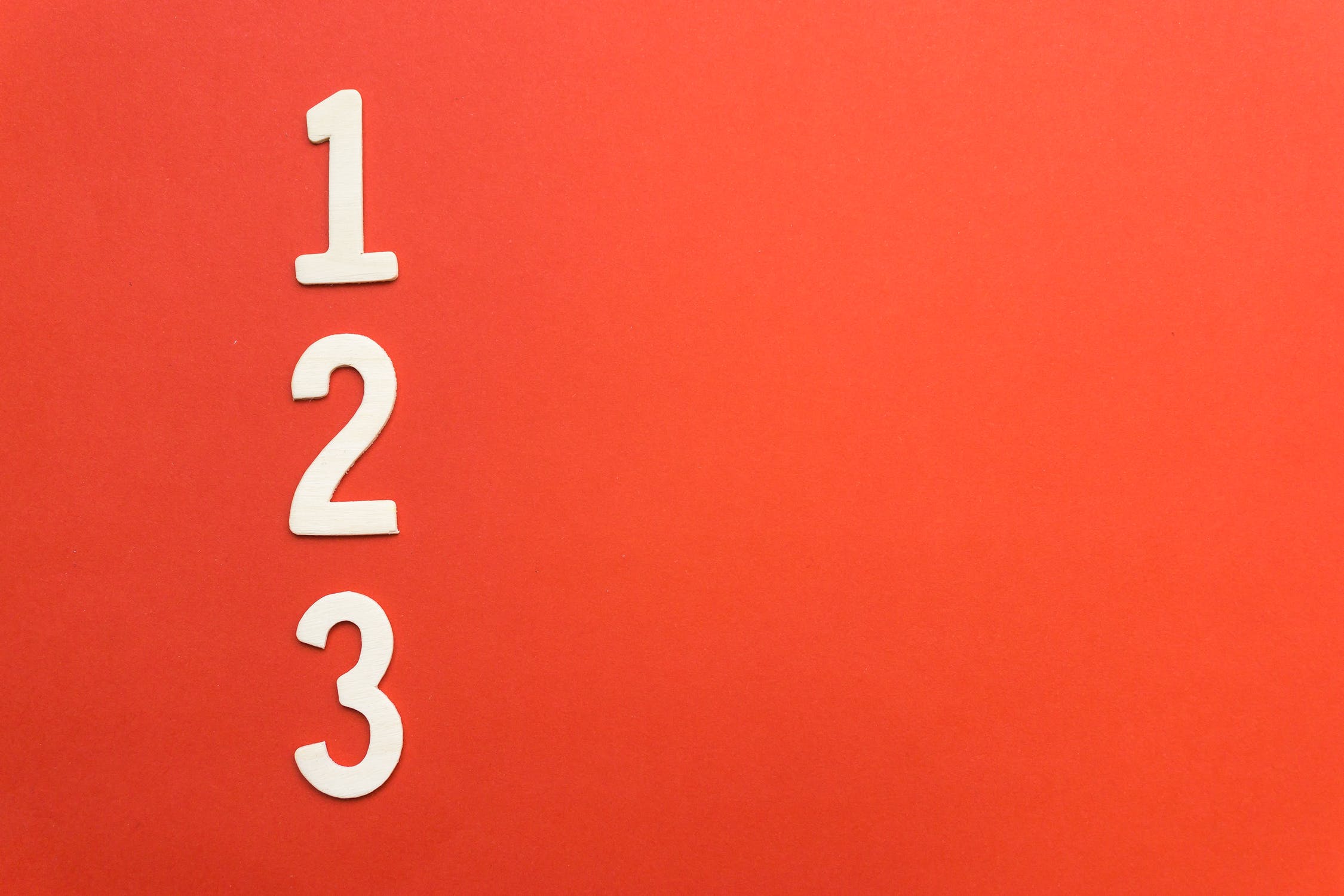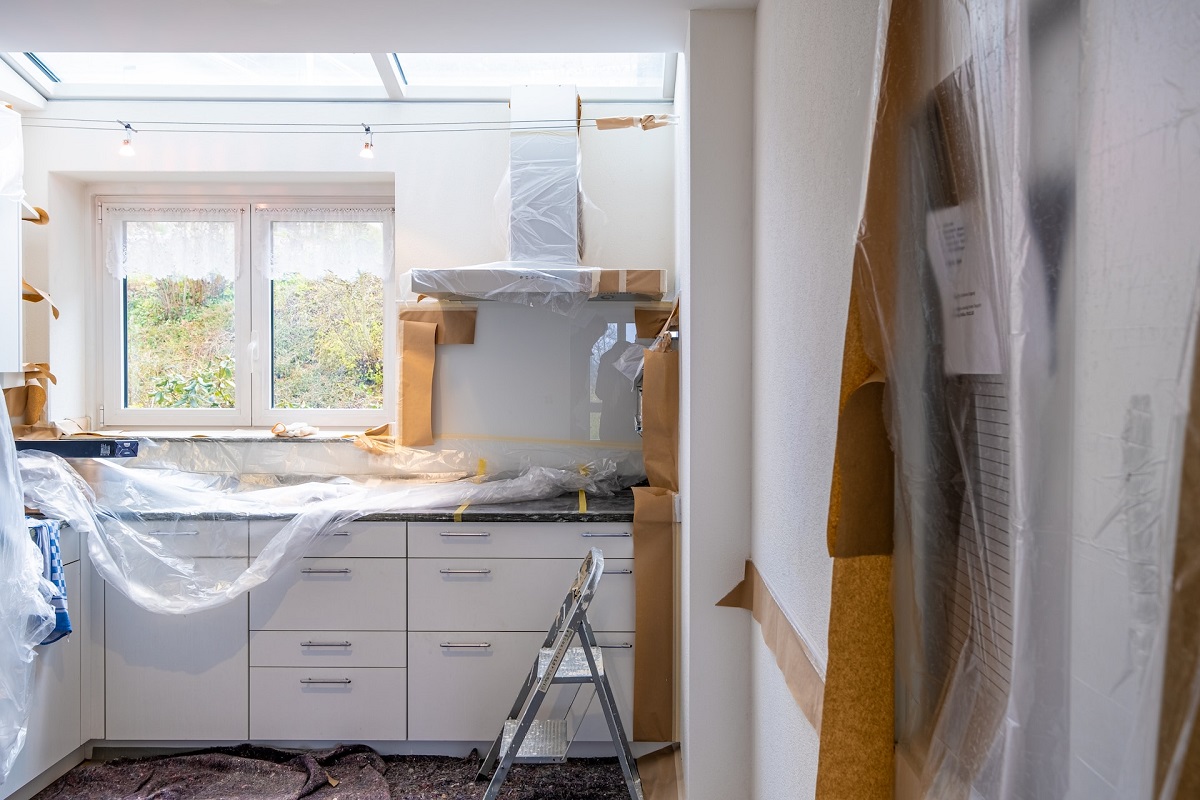
What to consider before planning a fancier pavement surface
___
Published Date 8/22/2024
It’s true. Production (tract) home neighborhoods can all look pretty much the same. Same stucco or siding exteriors, same single tree with a few bushes. Same color palettes throughout. But what if you just want to be different — like redo your driveway and walkway in an alternative surface — like pavers?
Realtor’s Zoë Roscoe covers the topic and says first off, check with your neighborhood’s homeowners or architectural committee to see if a changeout is permitted. Especially if you have a 3-car garage, pavers can be a big investment.
Next, before the jackhammer comes out and the pavers go down, consider several key factors. “Sure, pavers are aesthetically beautiful and can elevate your home value, but they’re not always the best choice depending on your location and the amount of maintenance you’re willing to put in,” she says.
She chatted with contractor Frank Bridgeman to learn everything you need to know and what to consider before giving pavers the green light. “Paving with brick pavers is more expensive upfront compared to other materials like concrete, asphalt or gravel,” he says. “Consider your budget not only for the materials but also for installation costs, which can vary based on the complexity of the design and site preparation needed.”
Numbers-wise Bridgeman estimates that the cost of pavers can be 50% more than using asphalt or concrete. “Typically, concrete will roughly run you about $7 per square foot, while pavers can be anywhere from $15 to $30 per square foot,” he says. While it can pay off and add value to your home, it won’t give you the same return that a kitchen renovation or appliance upgrade will provide, for example.
Pavers exist in concrete, clay, and natural stone, each with different durability and maintenance requirements. Concrete pavers are durable and easier to maintain, while natural stone and brick pavers can offer a more elegant look but require more upkeep. “The biggest issue when it comes to maintenance is the weeding between the pavers. Handpicking weeds is the cleanest way to remove them,” says Roscoe.
If you choose brick pavers, ensure the material you choose is suitable for your climate. “Depending on your location, your pavers should be able to withstand temperature fluctuations, freeze-thaw cycles, and moisture without cracking or shifting. As someone from New England,” says Bridgeman, adding that this is the biggest issue he sees with his clients. “Brick pavers really shouldn’t be plowed or salted as it can cause erosion and damage to the driveway,” he says.
Bridgeman also recommends checking your local zoning requirements. If you’re in an area with wetlands, you may be required to use pervious pavers, which allow water to seep through to the soil beneath.
Choosing pavers over asphalt automatically elevates a home’s curb appeal, which in turn adds value to your home. While it depends on the design and neighborhood, Bridgeman says it can add about 5% to 10% more value to your home. But make sure to choose a paver style and pattern that complements your home’s architecture and landscaping. A midcentury modern home may not look that great with multi-colored used brick pavers. Consider factors such as color, shape, and texture to ensure the driveway blends harmoniously with the surroundings.
Just because you think it looks easy to DIY a new driveway doesn’t make it so. Because proper installation of pavers is crucial for the longevity and stability of your driveway, consider hiring a professional contractor or landscaper with experience in laying pavers to ensure proper excavation, base preparation, edge restraints, and joint filling.
Realtor, TBWS
All information furnished has been forwarded to you and is provided by thetbwsgroup only for informational purposes. Forecasting shall be considered as events which may be expected but not guaranteed. Neither the forwarding party and/or company nor thetbwsgroup assume any responsibility to any person who relies on information or forecasting contained in this report and disclaims all liability in respect to decisions or actions, or lack thereof based on any or all of the contents of this report.
First
Priority Home Loans is a DBA of Anchor Funding, Inc. NMLS #236419 &
1626581. California
Bureau of Real Estate,
Real
Estate Broker Number 01276087. Loans made or arranged pursuant
to the
California Department of Business Oversight. California Finance Lenders Law
license number 603 L293.


Andre Enriques
Branch Manager/Mortgage Lender
NMLS: 220937
First Priority Home Loans
891 Kuhn Drive #204, Chula Vista CA
Company NMLS: 236419
Office: 619-323-2066
Cell: 619-208-6499
Email: andrefunds4u@sbcglobal.net

Andre Enriques
___
Branch Manager/Mortgage Lender
NMLS: 220937
Cell: 619-208-6499
Last articles
___

The chicken or the egg? Buy or build?
11/8/2024
The decision to buy or build a home has become increasingly complex in today's m... view more

Don't Pull a Clark Griswold: Your Guide to Christmas Light Success
11/7/2024
Unlike Clark Griswold's infamous 25,000-bulb holiday mishap...... view more

The Bank of England cut their key rate as was expected
11/7/2024
The Bank of England cut their interest rate by...... view more

Markets under heavy pressure as inflation worries increase
11/6/2024
Inflation fears running rampant this morning...... view more

Balancing deductible and premium: Always a crap shoot
11/5/2024
Insurance is simply termed as the mitigation of risk. True, you pay, and pay, an... view more

Housing Market Shift: Listings Soar to Pre-Pandemic Levels
11/4/2024
Even if home prices have not fallen, it might be good to know that you’ve got mo... view more
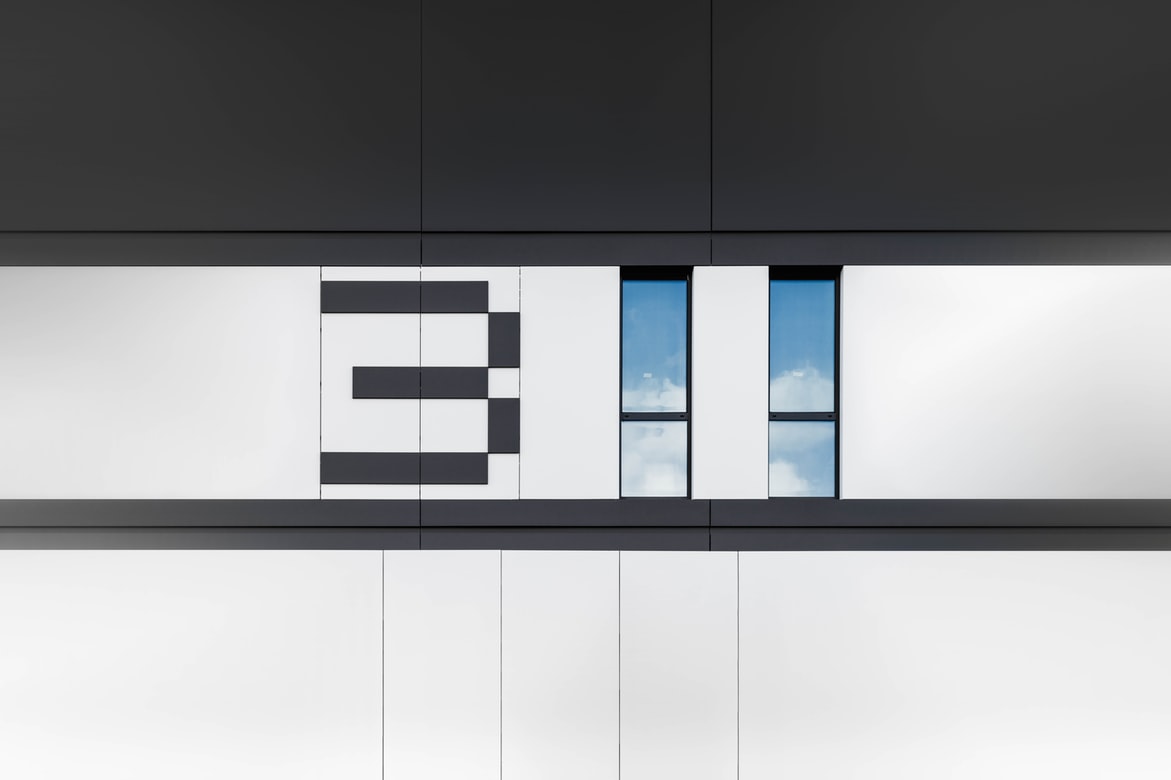
Three things that could impact rates this week
11/4/2024
These are the three areas that have the greatest ability to impact rates this we... view more

Doctor's kitchen warning soaks up controversy
11/1/2024
A medical professional's viral warning about a common kitchen item has sparked h... view more
Load more
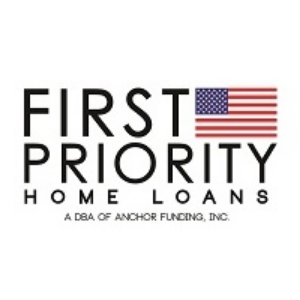 First Priority Home Loans
First Priority Home Loans










